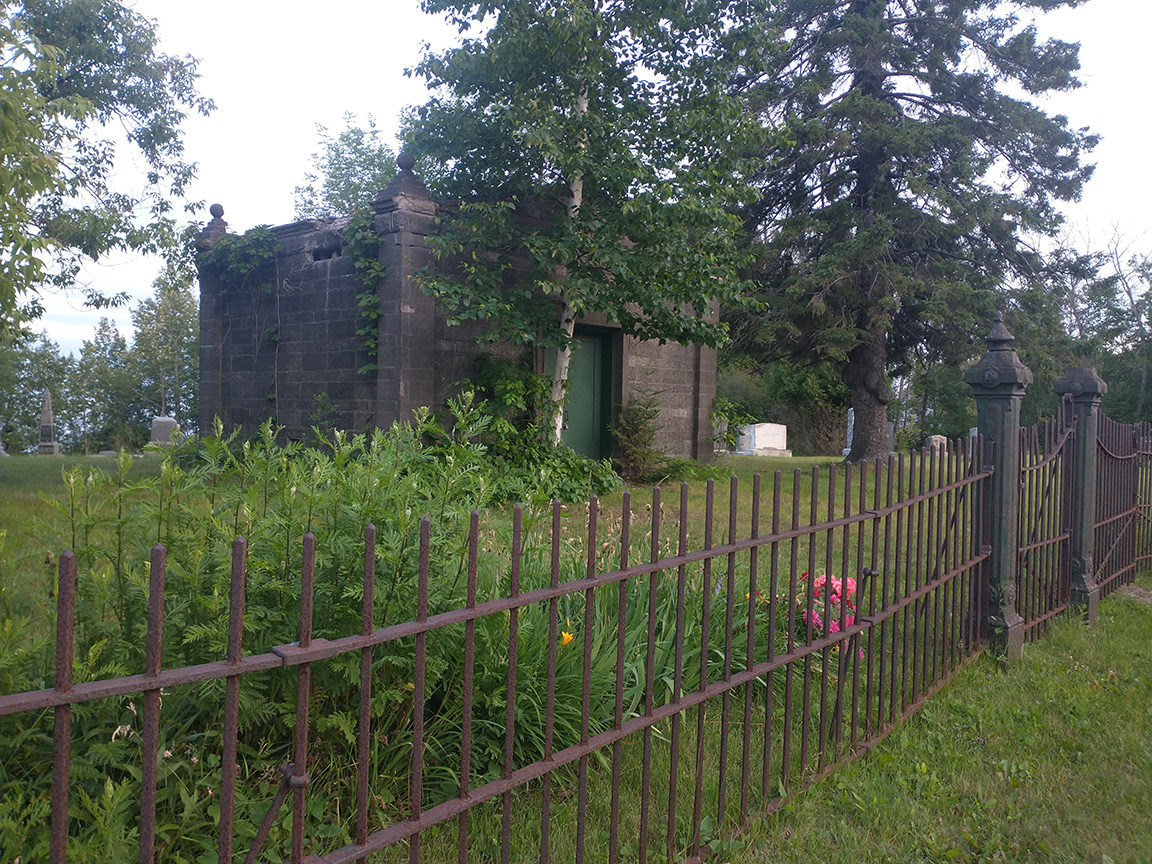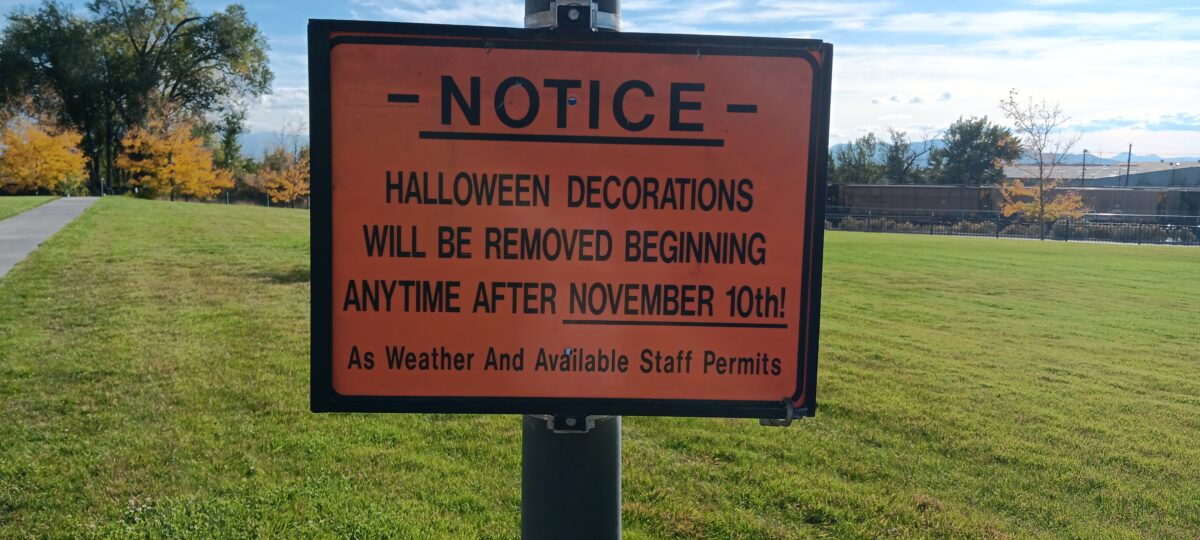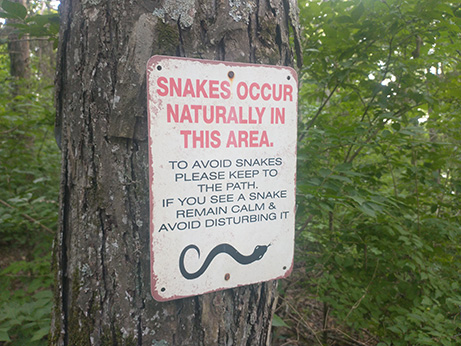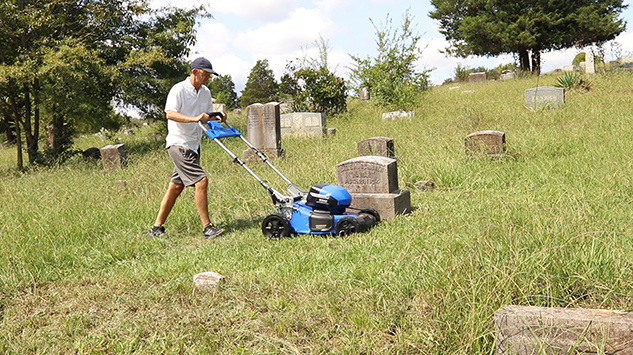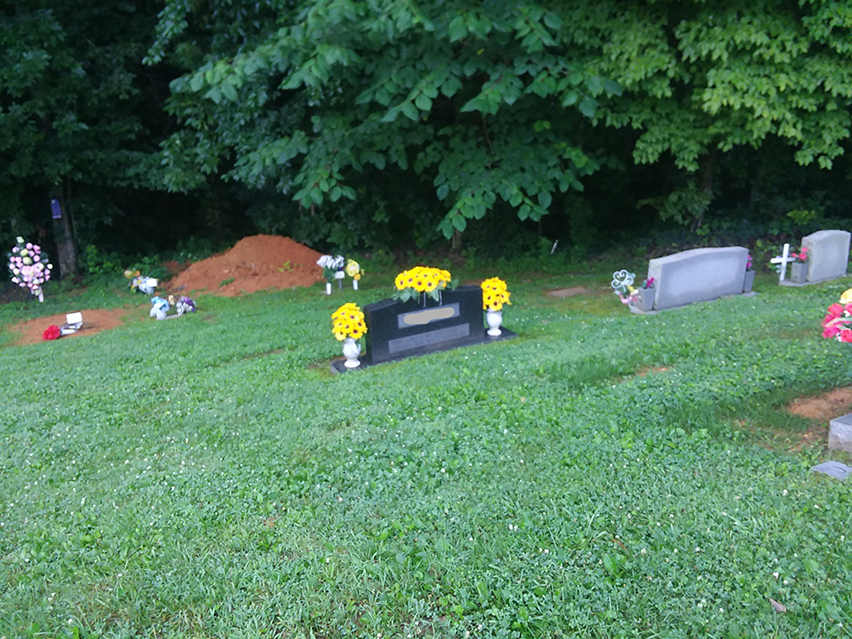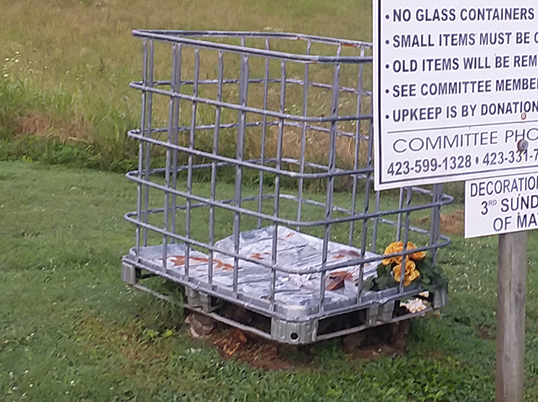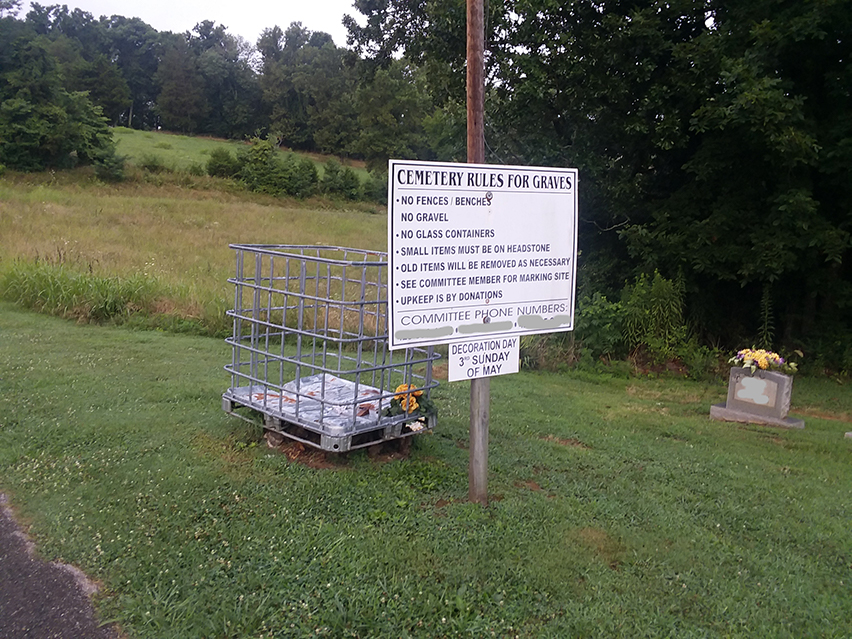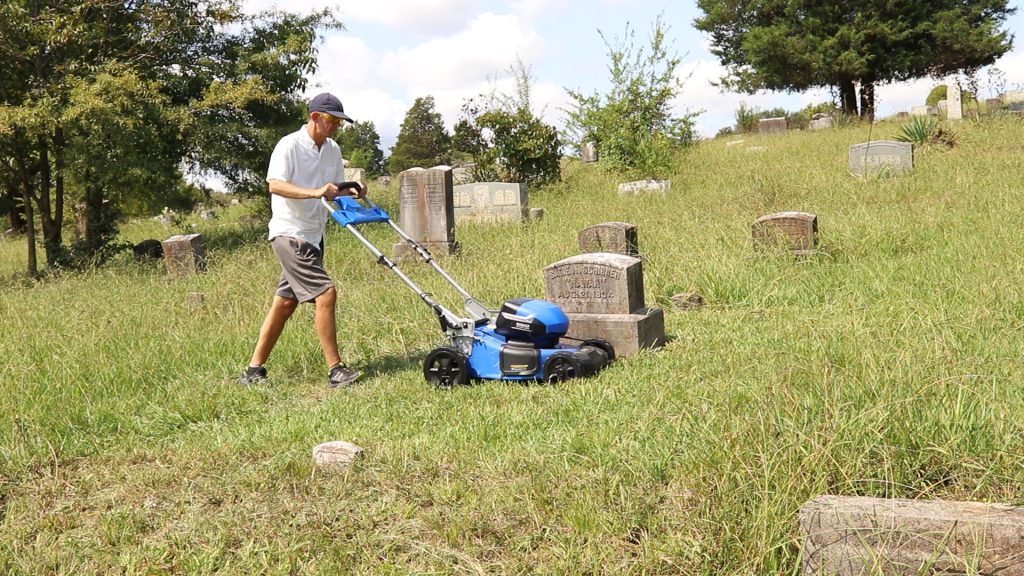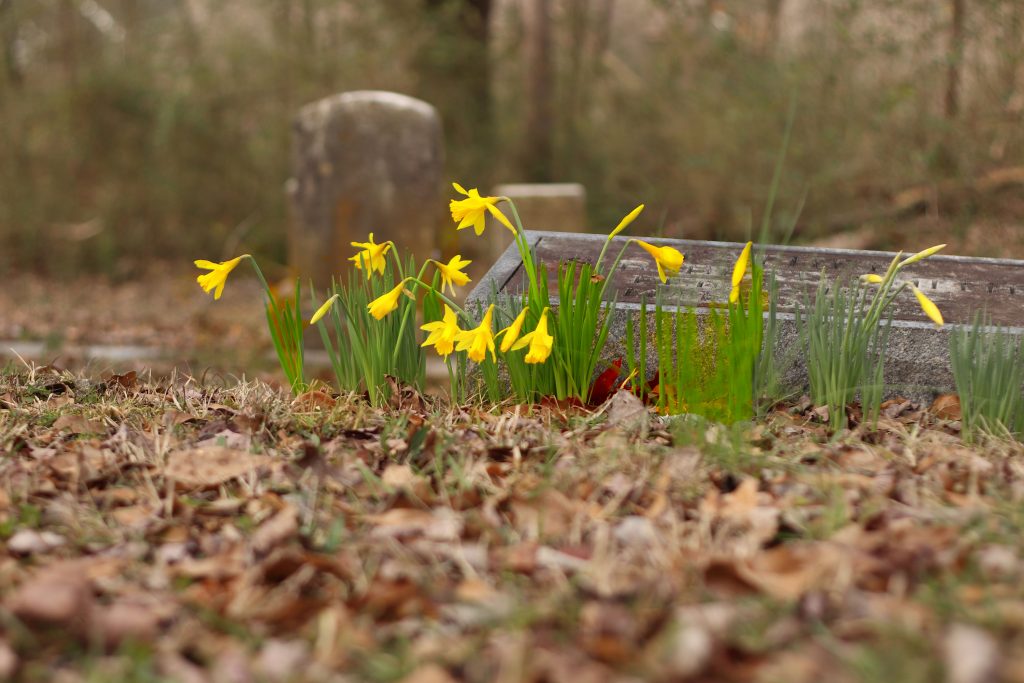As a Grave Care Professional, you have a wonderful opportunity to educate your community about the natural visitors to your local cemeteries. Songbirds and deer will be included, but snakes should also be included as a beneficial species that visitors might encounter during visits to the cemetery.
Cemeteries are places where we visit to pay respects for our departed and loved family members, our friends, our acquaintances, and our ancestors. Cemeteries allow us quiet solitude to reminisce about the fun times we had, the loves, the friendships, the past relationships. We remember, laugh and cry, and simply stand alone with our thoughts while also being together with the people we are there to visit.
Even if we visit a cemetery by ourselves, we are never truly and completely alone. For most cemeteries, within the rows of gravestones and the shrubbery of their memorial gardens, they harbor environments conducive to chirping birds and playing squirrels and other manner of wildlife rustling in the fallen leaves. Within cemeteries, we see deer and bobcat, groundhog and turtle, hawk and turkey. If you are quiet and just simply watch, you will see a multitude of wildlife in the cemeteries you visit.
Cemeteries: Habitats for Wildlife
Cemeteries span a wide range of manicures. From perfectly groomed Memorial Gardens to natural and wild undermaintained cemeteries, each and every cemetery you visit will provide a slightly different natural landscape, and thus will present varieties of natural visitors.
In addition to the above-mentioned wildlife guests, there are also slithery visitors to cemeteries that might take you aback when you encounter them. Snakes are part of the natural world, and snakes sometimes find cemetery habitats conducive environments within which to live.
Snakes Are Not “Out To Get You”
So, what should we do when we encounter a snake in a cemetery?
Contrary to popular belief, snakes are not “out to get you.” According to the Humane Society, “all outdoor encounters with nonvenomous snakes should be resolved by letting the animal go its own way, most likely to never be seen again.” – https://www.humanesociety.org/resources/what-do-about-snakes
Encounters with venomous snakes should be taken seriously, but still should not result in harm to the snake. Quite simply, according to the National Park Service, if you leave the snake alone, you won’t be bothered. “Do not place your hands and feet where you cannot see and if you see a snake, do not provoke it or try to pick it up; just avoid it.” https://www.nps.gov/gari/planyourvisit/snakes.htm
A Beneficial Species
Snakes are Ecologically Beneficial. Snakes complete an important task by helping us maintain a balanced ecosystem. Snakes are predators of rodents, insects, and other small animals that are considered pests when their populations grow uncontrolled. Whether in a busy city cemetery or a remote rural graveyard, snakes work around-the-clock to provide natural pest control to help abate overpopulation of rodents and other nuisance animals.
Depending on the region of the United States where you are located, prevalent snakes in your area might include such non-venomous varieties as: garter snakes, rat snakes, and king snakes. Some environments may also include: water snakes, corn snakes, and racers. One of the funnest variety of snakes to encounter is the Eastern Hognose Snake which is humorously known as a “Drama Noodle” due to its dramatic overreaction to human encounters. Venomous varieties might include: copperheads, water moccasins, rattlesnakes, and coral snakes.
The Center for Disease Control recommends:
– to not touch or handle any snake
– stay away from tall grass and piles of leaves when possible
– avoid climbing on rocks or piles of wood where a snake may be hiding
– be aware that snakes tend to be most active at dawn and dusk and in warm weather
-wear boots and long pants when working outdoors (even denim jeans may prevent some, although not all, bites by smaller snakes)
– and wear leather gloves when handling brush and debris. https://www.cdc.gov/niosh/topics/snakes/recommendations.html
While the presence of venomous snakes may cause concern, it is essential to note that these creatures typically prefer to avoid human interaction and pose minimal threat when left undisturbed.
Proper Cemetery Maintenance
We believe proper maintenance and upkeep in your local cemetery can help diminish problematic snake populations especially within under-maintained and neglected cemeteries. Keeping the grass trimmed and cleared of debris minimizes hiding spots. This reduces the opportunities for human-snake encounters. Education is also important to help visitors know the difference between venomous and non-venomous species.
Promoting public awareness of snakes as a beneficial species helps reduce concerns or anxieties associated with their presence in cemeteries. Along with local wildlife educators and environmental organizations, you can help educate the public about snake identification, their behavior, and their importance to the local ecology.
Your Role As A Grave Care Professional
As a Grave Care Professional, you are in a unique position to educate yourself about the snakes that live in your area which might be found in your local cemeteries. Not only that, but it will also benefit your Grave Care Business to describe how your cleanup efforts (including proper grounds and plot maintenance) within your cemeteries can help reduce the possibilities of human-snake interactions. This is good advertising for your Grave Care Business.
Instead of being frightened or leery of the natural wildlife living in your local cemeteries, you can become an educated resource to help your community understand the importance of ecological diversity, but you can also use your knowledge to help make your cemeteries beautiful and safe places for the public to visit.
Your Own Grave Care Business
We believe strongly in proper maintenance of cemeteries. Have you ever thought about starting your own Grave Care Business? Our company has developed a professionally produced Grave Care Business Course designed to help you Start and Operate your own Grave Care Business.
To learn more about the business course, read through our main website. Order the material through our Grave Care Course – Ordering Page, and we will ship that to you promptly via USPS Priority Mail. Normal delivery time is about 3 to 4 business days.
If you have any questions, please let us know through the Contact Page.
Have a great summer!
Keith
https://GraveCareBusiness.com

